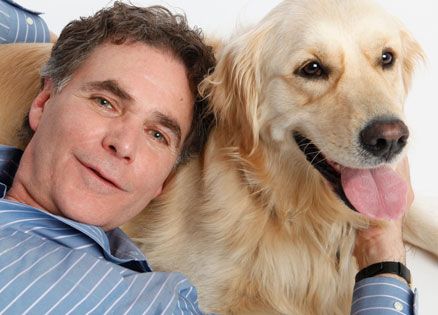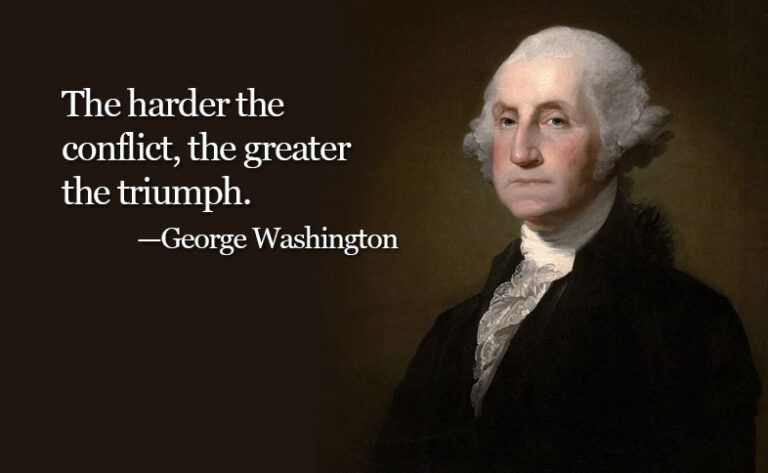I met Dr. Peale late in his life and early in my tenure at Guideposts. He had traveled to the city from his idyllic farmhouse in Pawling, New York, to give a talk for the Dutch Treat Club, a conclave of prominent writers and thinkers to which he belonged and who met periodically at Sardi’s, a famous restaurant in the heart of the theater district. But first he stopped by the magazine’s offices to visit Van Varner, the editor-in-chief who had recently hired me. Van wanted to introduce Dr. Peale to his newest employee.
It was a brisk day with a bright winter’s sun streaming through the twenty-third floor offices. I was more curious than nervous to meet the great man, and I’d made certain to wear a respectable suit and tie. I also brought along my wife Julee’s copy of The Power of Positive Thinking and was going to ask him to sign it for her.
My first startled impression upon laying eyes on him was that he was awfully old, well into his eighties, and seemed older, moving slowly and appearing distracted and even a bit irritated at times. Van introduced me and he was gracious, his eyes lighting up a bit with surprise, and happy to sign the book for Julee. For some reason he handed the book back to Van. He asked me where I was from and when I said Michigan, he said we were practically neighbors. He was born and raised in Ohio.
Our time together was not done, however. Van asked me to join them at the luncheon. He said he wanted me to see Dr. Peale speak. I suspected, though, that someone of much greater stature within Guideposts had bailed out and I was being used to fill the table—luncheon fodder, if you will. Still, the first rule of the young and impoverished editor is never turn down a free meal.
We moved at a slug’s pace through the clog of crosstown traffic, Dr. Peale staring glumly out the window…Occasionally he muttered something to Van or one of the other men, and then checked his watch. I grew very uncomfortable.
Things did not improve at the luncheon, which was held in a private room on the second floor. Dr. Peale barely touched his food and said hardly anything, except to the many admirers who stopped by and to whom he was unfailingly warm, even the ones I didn’t think he actually recognized. Then he would sink back into what I took to be a kind of silent despair.
The moment I dreaded arrived as dessert and coffee were being served with much clatter and chatter. It was time for Dr. Peale to speak. He was introduced by the celebrated futurist and writer Isaac Asimov as among the most influential men of the century, one of the innovative and dynamic thinkers of our time. This cannot be happening to this poor soul, I thought, sinking down in my chair.
Dr. Peale rose with the applause and made his way to the podium, haltingly at first. But on that short journey of thirty feet or so, I saw something absolutely astonishing. As he neared the speaker’s platform, he appeared to undergo a physical transformation. He drew himself up and at once his whole being seemed imbued with a manifest enthusiasm, an energy that engulfed the room.
“How is everyone today?” he asked in a voice that boomed like a cannon shot. “Are you as glad to be alive as I am?”
Dr. Peale spoke for about twenty-five minutes. His mastery of his material and of the crowd was unmatched by anything I had ever seen in a speaker. He was funny—very funny—humble, comically self-effacing when he slipped up (which wasn’t always by accident, I suspected), a vivid storyteller, utterly confident and relaxed, totally on top of his game and on completely equal footing with his esteemed audience. Even the busboys stopped and listened. No one dared to tell them not to.
“People can change!” Dr. Peale boomed, clenching his fist as he said it. If they faced their difficulties with a reliance on God and a positive attitude, any problem could be overcome, any obstacle would fall before them. They could find joy and happiness if only they believed they could, and believed that was God’s desire for them.
It wasn’t exactly a speech; it certainly wasn’t a sermon—at least, not like any sermon I had heard. It was a call to personal action, a glorious exhortation, delivered with an utter certainty in the miraculous power of humans to change their lives, to grow and find the happiness and freedom to which they were divinely entitled. This was not fire and brimstone. It was bricks and mortar, steel and glass, sky and earth. It was inspiring and practical all at once. It said, If I can do it, you can do it too.
The crowd leaped to its feet when he was finished. Except for me. I was too flabbergasted to move. I just sat there knowing I had heard the greatest and most inspiring public speaker of the age…






